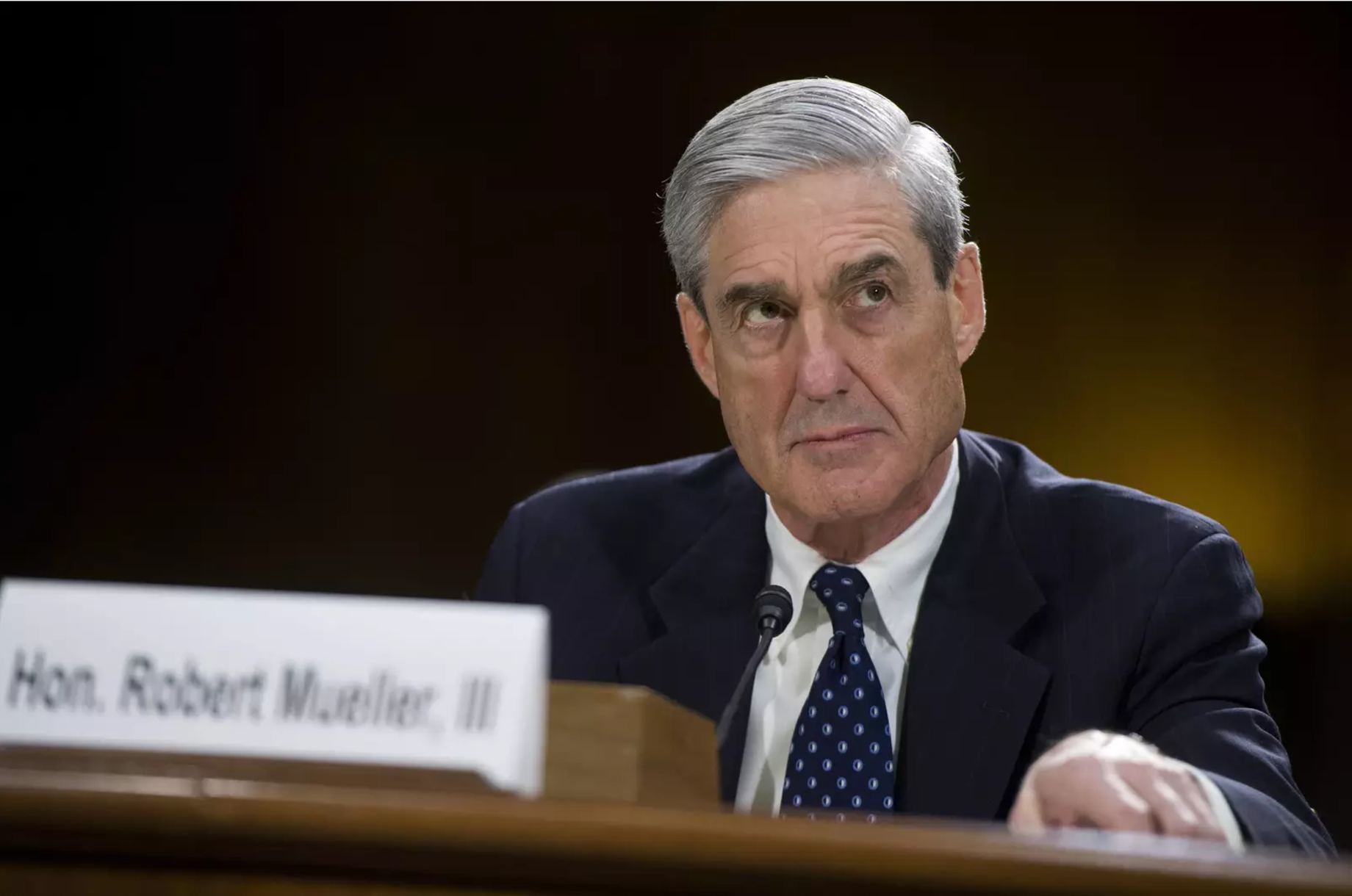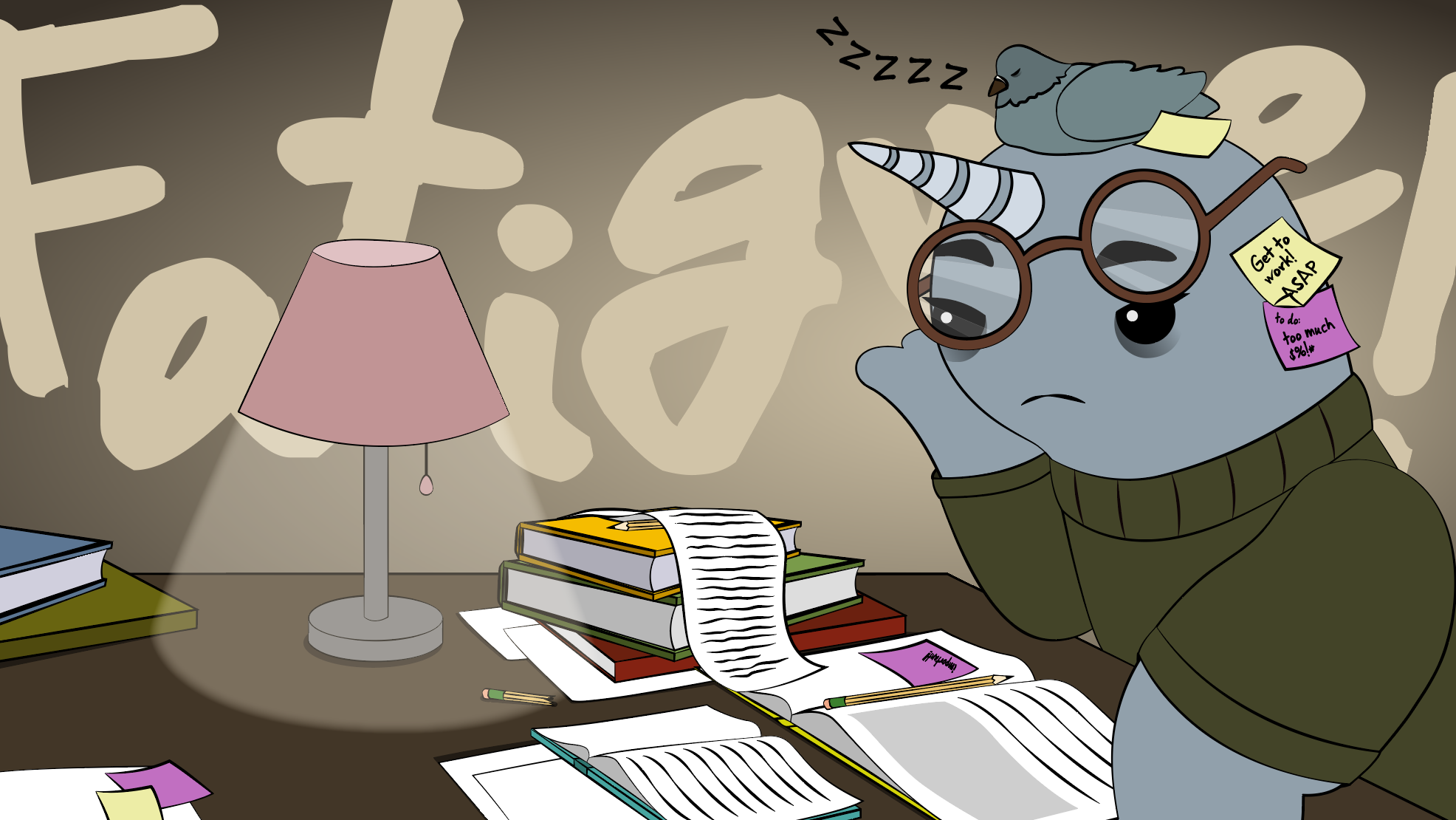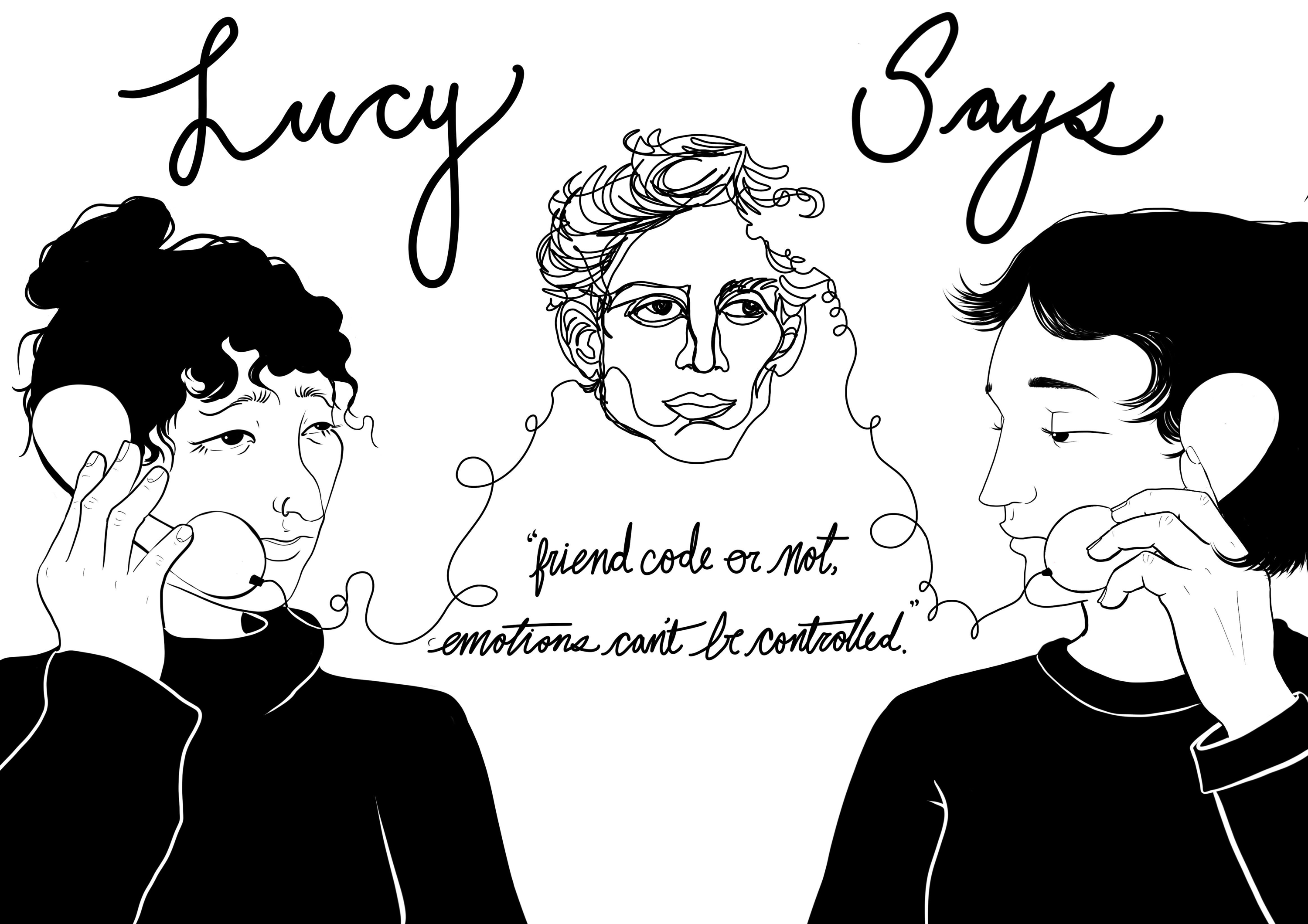On May 1, Attorney General William Barr testified before the Senate Judiciary Committee about his handling of the Mueller report, which was released to the public on April 18.
One of the central questions Barr faced was the potential mischaracterization of the report’s findings and implications, in his four-page letter to Congress summarizing the report prior to the report’s release.
Special Counsel Robert Mueller expressed concerns, in a now-public letter to Barr, that Barr’s initial letter to Congress “did not fully capture the context, nature, and substance of [Mueller’s] Office’s work and conclusions report.”
Mueller’s 448-page, two-volume report details the findings of a two-year-long investigation into Russian interference in the 2016 US Presidential election and any possible ties to the Trump campaign.
Although Mueller’s team did not find that the Trump campaign conspired with the Russian government to interfere in the election, his report does not directly exonerate the president of the obstruction of justice. It identifies numerous instances in which Trump or high ranking members of his campaign behaved inappropriately.
Two of our New School experts, Liesl Schillinger, professor of journalism at Lang and Nina Khrushcheva, professor of international affairs at the School of Public Engagement, both of whom are professors of this reporter, gave their reactions to the report and the media coverage of the investigation and the report’s findings. They also weighed in on what all this means for American political life going forward.
Nina Khrushcheva argued that a definite outcome of the investigation, like in the cases of Watergate or the Bill Clinton-Monica Lewinsky scandal, was impossible in this case because she says, we have entered an era of “Post-Truth” in America. Post-Truth, she says, can be broadly defined as “a recent explosion of the political culture in which debate is framed by appeals to emotion, disconnected from the details of policy or impartial information.”
“In this very American way, the Mueller report allows the United States to continue its lust for entertainment because both sides got the material they want,” she said. “Both sides got the plausible deniability, and both sides are going to milk this story for the purposes of their own propaganda.”
Liesl Schillinger, reacting to the most recent news surrounding the discrepancies between Mueller’s findings and Barr’s summary, said: “Like so many other people, I was shocked and dismayed that Mueller had written this letter to Barr,” characterizing Barr’s handling of the report and his testimonies in front of Congress over the last couple months as a “dereliction of the duty of the Attorney General.”
Though heavily redacted by the Department of Justice, the report offered confirmation of the multifaceted Russian assault on the U.S. election, which sought to harm the Clinton campaign and spread disinformation on prominent social media sites like Facebook and Twitter, among others.
The Russians’ intent, Khrushcheva argues, was primarily to embarrass Hillary Clinton and the United States — not to elect Donald Trump.
“The point was to tell the United States that it is not the democracy it says it is, and it runs around telling the world that it is,” she said.
Schillinger believes that the Mueller report is far from conclusive on the questions surrounding Trump’s and his campaign’s behavior.
“The president was not subpoenaed to speak to the Mueller commission,” she said. “Ivanka Trump, who has lied about the level of her knowledge and involvement in business deals the family was working on in Moscow, was not subpoenaed. Donald Trump Jr. was not subpoenaed, and Jared Kushner was not subpoenaed. So why did Mueller choose not to investigate them? Well, it may have been a little bit of domestic realpolitik, [a political term referring to a strategy that puts pragmatism over morality and ideology],” opting to take the more cautious or conservative approach to avoid making any decision that would be viewed as partisan.
Schillinger noted the ubiquity of the word “collusion” in press coverage and in the president’s own language. While the Mueller report condemned the term as misleading and legally ambiguous, Schillinger said that Trump may have succeeded here in shaping the narrative.
“Hannah Arendt talks a lot about how dictatorial leaders will find a simple phrase and repeat it over and over,” Schillinger said. “She seems to imply that the weaker portions of the populace will swallow it, but really, something repeated long enough, everyone will swallow it.”
But Schillinger feels that what ultimately matters, going forward, isn’t a criminal indictment or a legal proceeding, but rather what all this information says about the way President Trump is running the country.
“There is a way in which he is, wittingly or unwittingly, following the autocrat’s handbook,” said Schillinger.
Schillinger cited Timothy Snyder’s book On Tyranny and Masha Gessen’s “Autocracy: Rules for Survival” as shorthand guides to tyrannical formulas and how to be vigilant when parts of it become a reality. Snyder urges citizens, for example, to defend government bodies and institutions at all costs and to be wary of the dissolution of objective truth.
Khrushcheva also expressed concerns about the coverage surrounding the investigation, which may have lead to premature conclusions about what Mueller’s findings would mean for the president at the end of the probe. Framing the political struggle in the US today as a battle between Trump and mainstream news outlets like the New York Times and the Washington Post, as well as CNN and MSNBC, Khrushcheva believes that, as Mueller’s team did not explicitly charge the president with a crime, Trump has come out looking like the victor against his expressed adversary: the media.
“Just like in the election of Donald Trump, the story that they reported was, in fact, a story, but the way it was reported was in such a hype, shrieky, sensational manner, that ultimately the facts may be there but the truth is lost,” she said.







